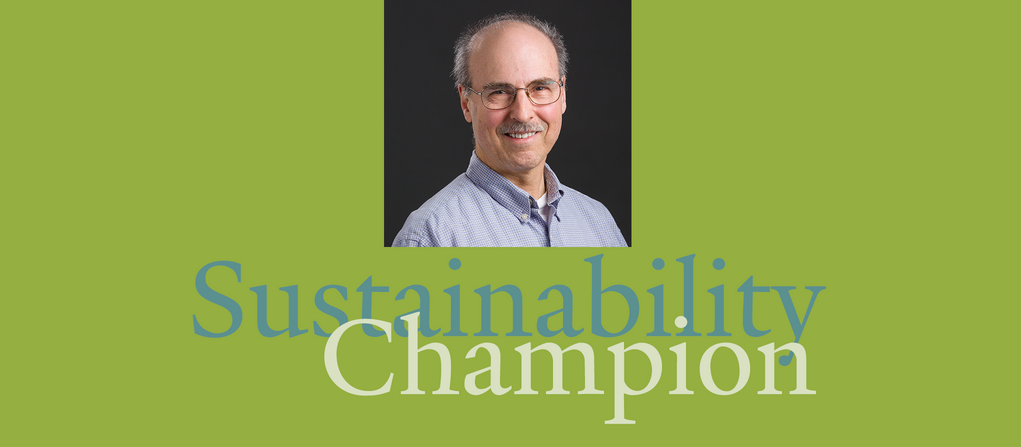
The climate crisis is frequently thought of first and foremost as a planetary emergency—one of warming oceans, intensifying storms, and biodiversity loss. The toll of global warming on human health can sometimes seem like a secondary concern.
As the founding faculty director of the Yale Center on Climate Change and Health, Dr. Robert Dubrow is squarely focused on the significant impacts that climate change is having—and will continue to have—on the health and well-being of people.
Dubrow is Professor of Epidemiology at Yale School of Public Health (YSPH). After a career focused on the epidemiology of HIV and cancer—and the ways they intersect—he turned his professional attention in 2015 toward climate change, which he calls “the greatest public health challenge in this century.”
“I had been interested in and concerned about climate change since the early ’80s,” Dubrow says. “There were a lot of people working on HIV and cancer, but I felt like not enough attention was being paid to climate change and its health effects.”
With support from Paul D. Cleary (then the YSPH dean), Martin Klein (the School’s associate dean for development and the current executive director of the Yale Center on Climate Change and Health), and two other faculty members (Albert Ko and Vasilis Vasiliou), funds were secured to launch the center.
Now in its eighth year, the center utilizes research, education, and public health practice to help safeguard the health of human populations from adverse impacts of climate change and human activities that cause climate change. Its research, led by Director of Research Kai Chen, has documented a range of climate-health connections: how drought is associated with increased risk for childhood diarrhea, a leading killer of young children worldwide; how air pollution is linked to increased mental health outpatient visits; how the health care industry is a major contributor to climate change.
Under the leadership of Laura Bozzi, the center’s director of programs, Dubrow’s team has put a special focus on climate-related health impacts in Connecticut, producing policy briefs aimed at better protecting the most vulnerable.
The center takes a strong interest in environmental justice because, as Dubrow puts it, “the people least responsible for greenhouse gas emissions are the ones most affected by its adverse impacts. You also have more low-income and BIPOC communities living near highways, power plants, and petrochemical facilities, so it’s both ends: It’s climate change itself and human activities that cause climate change that impact those communities.”
The Center’s growth is a testament to Dubrow’s leadership and to the growing recognition of the urgent public health challenge of the climate crisis. The Center now boasts four core faculty, three staff members, 53 affiliated faculty, four doctoral students, one post-doc, a visiting scientist, 11 master’s-level student fellows, and 32 students enrolled in the climate change and health concentration for MPH students.
Dubrow’s work gives him a unique view into our climate change future. He is perhaps most worried about the health impacts from large-scale population displacement—when extreme weather events, such as last summer’s floods in Pakistan, drive millions of climate refugees from their homes to face infectious diseases, food and water insecurity, lack of access to healthcare, violence, severe mental stress, and other adverse health consequences.
Nevertheless, Dubrow finds hope in younger generations’ attitudes toward climate change, as well as their activism, and the fact that economic conditions are favoring a shift toward a decarbonized economy.
“Our one relatively small center isn’t going to change the world, but it’s part of a global collective process that can change the world,” Dubrow says. “I do feel like we are making a meaningful contribution, and that’s as much as we can do—keep working and keep the goal in mind.”
Each month, Yale Sustainability features a ‘Sustainability Champion of the Month’—a student, staff, or faculty member who is leading the charge toward a more sustainable campus. If you know a sustainability champion at Yale, email sustainability@yale.edu and tell us about them.